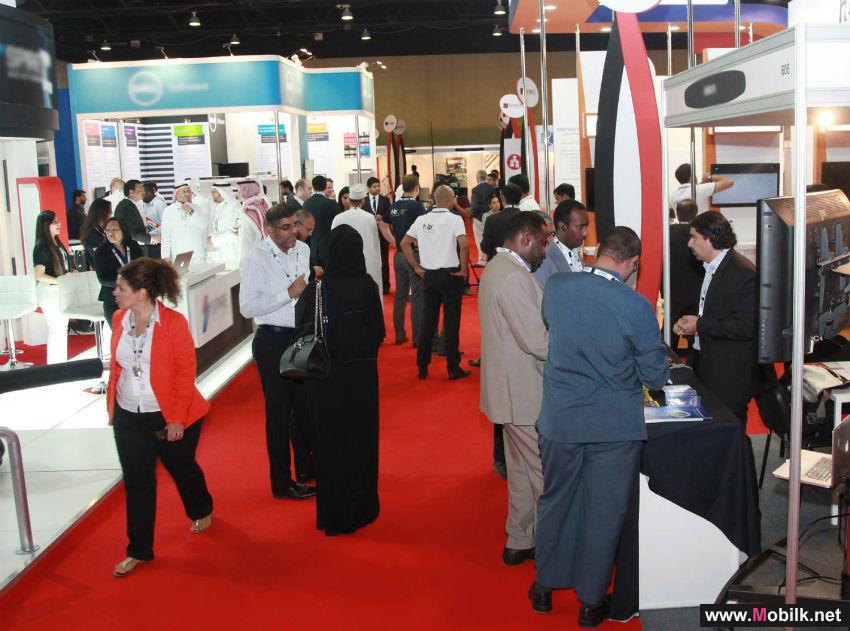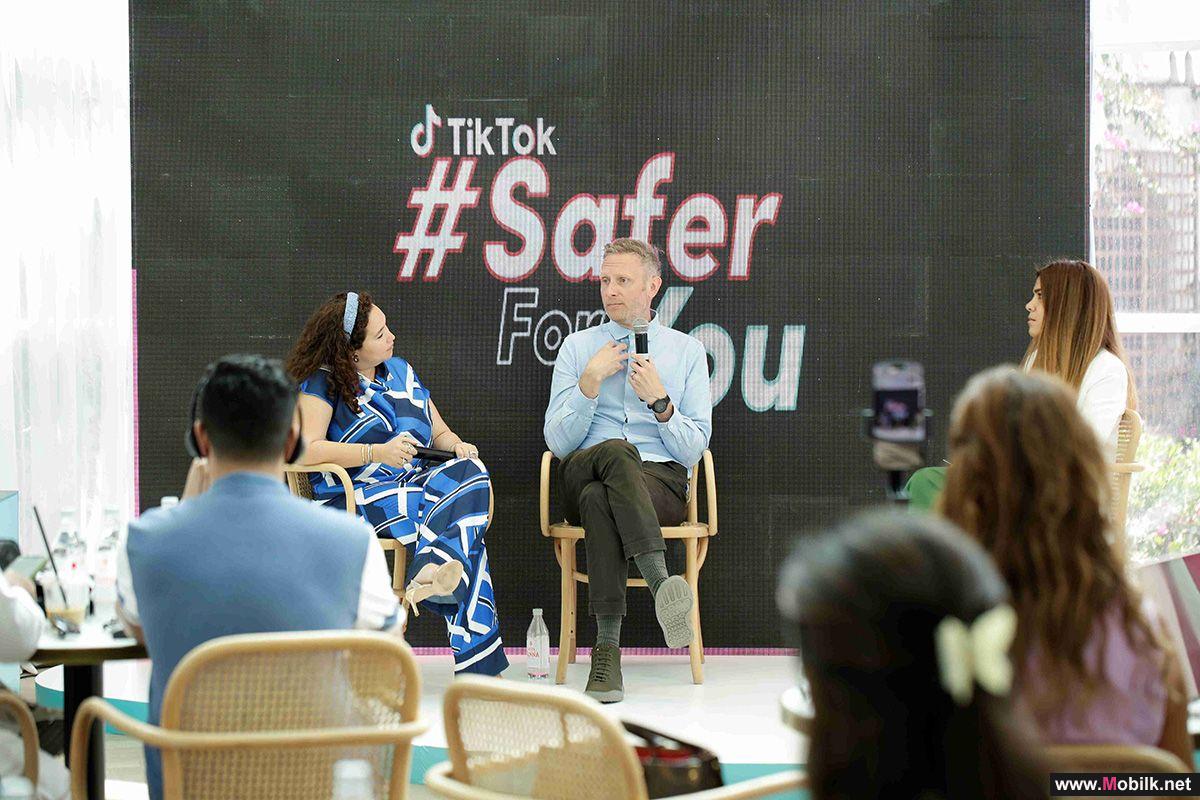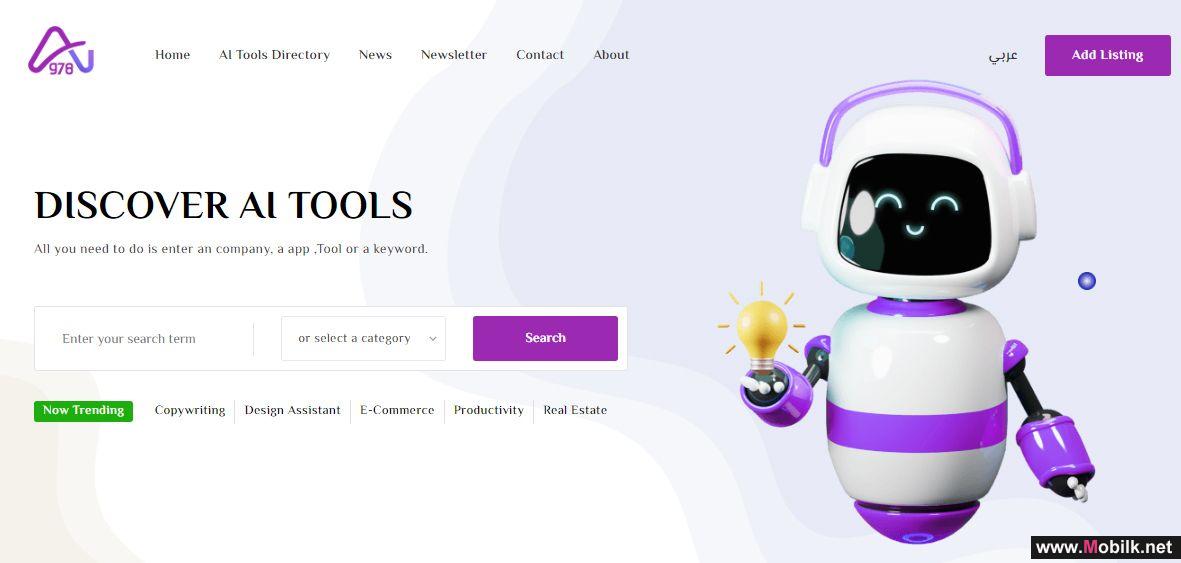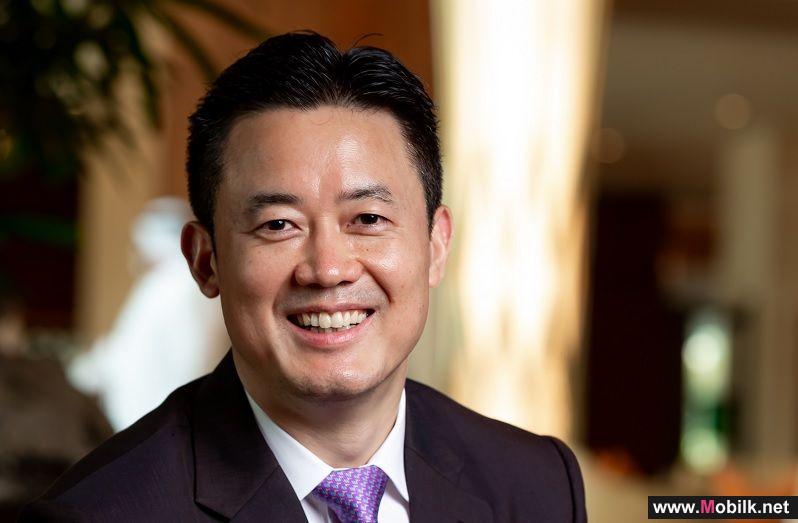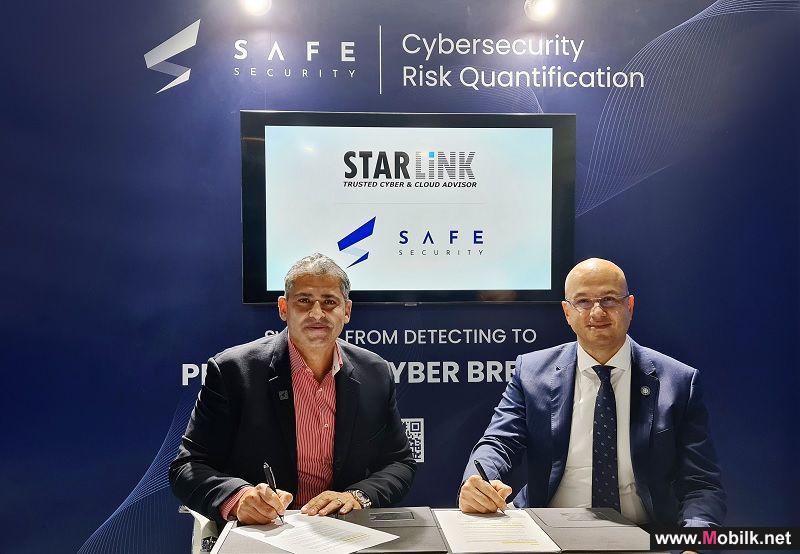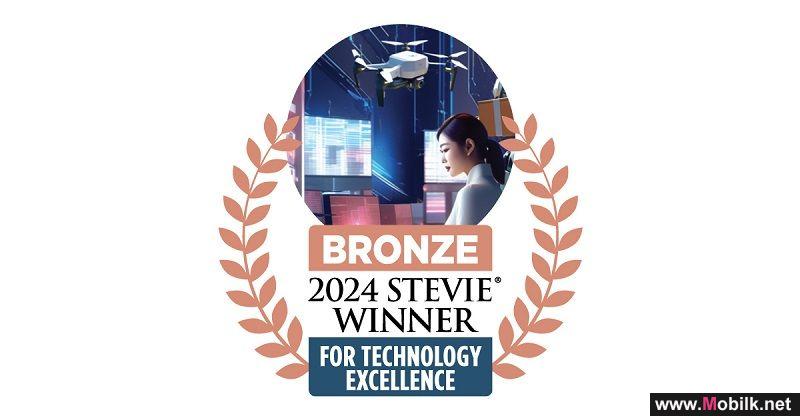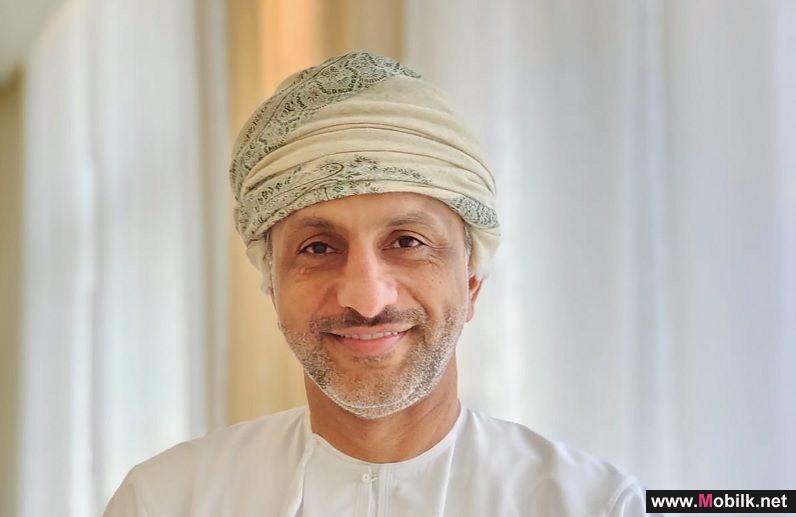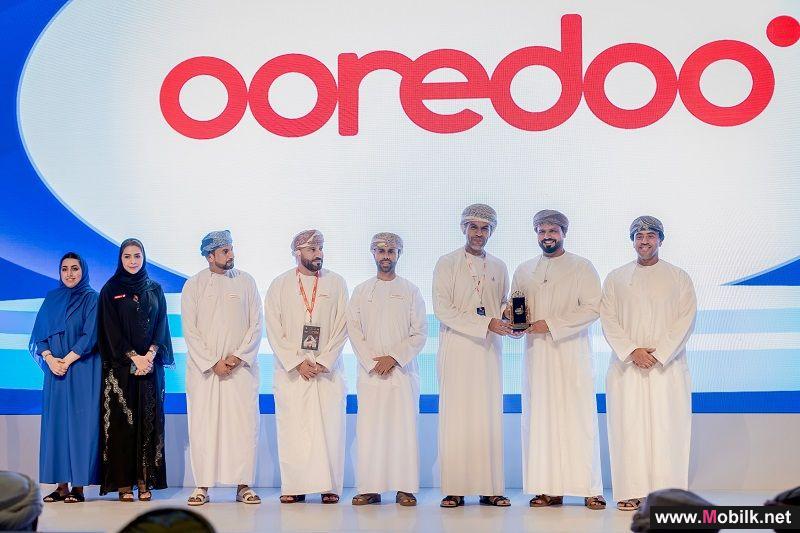“WE’RE LIVING IN A WORLD WHERE CYBERATTACK IS EASIER THAN CYBERDEFENCE”
Cybersecurity guru Bruce Schneier to reveal lessons learned from the Sony hack scandal at the Gulf Information Security Expo and Conference (GISEC)
Mobilk - Cybercriminal attacks around the world will continue to rise as long as personal data provides the ability to commit fraud, and intellectual property is worth stealing, leaving both individuals and organisations vulnerable to harmful computer and network intrusions.
According to cybersecurity guru Bruce Schneier, one of the keynote speakers at Gulf Information Security Expo and Conference (GISEC), a cyberattack is much easier to implement than it is to install impenetrable cyberdefences. The 3rd edition of GISEC, the region’s leading I.T. security platform, will take place from 26-28 April 2015 at Dubai World Trade Centre. The event will address key issues surrounding cybersecurity management, identity management and disaster recovery across different sectors.
One of the world’s most recognisable voices on cybersecurity, Schneier is also the Chief Technology Officer of Resilient Systems and a Fellow at the Berkman Center for Internet and Society at Harvard Law School in the U.S.A. Schneier is the author of the popular security blog Schneier on Security, and has recently released his book Data and Goliath: The Hidden Battles to Collect Your Data and Control Your World.
“Everyone must think about cybersecurity in terms of protection, detection and response. We protect against easy attacks and detect and respond to the more sophisticated ones. The goal is resilience. If we do things right well get there,” said Schneier.
Schneier believes many organisations are taking the threat from cybercriminals too lightly. “We tend to be risk-seeking when it comes to losses, which means that we are likely to take chances that we won’t be attacked rather than spend to prevent the attack in the first place,” he explained.
Lessons learned from the Sony hack scandal
During the second day of GISEC on 28 April, Schneier will discuss the reactions and lessons learned from last year’s devastating Sony hack scandal, where a group of hackers called the ‘Guardians of Peace’ infiltrated and stole a number of confidential documents from the computer network of Sony Pictures Entertainment. During his presentation, Schneier will also highlight how companies in the Middle East can secure their networks against this sort of attack.
“We live in the world where a cyberattack can be the work of a foreign government or a couple of guys on a computer at home,” Schneier said. “The lessons from the Sony hack are the same as those in the attack against Saudi Aramco in 2012 when 30,000 of its workstations were infected with a malicious virus. As the Middle East catches up to the rest of the world in Internet infrastructure, companies in the region will see more and more of these sophisticated cyberattacks.”
Schneier advises that organisations should take cybersecurity seriously. “Companies need protection against people using common hacking tools, which are known as low-focus attacks and can impact thousands of networks worldwide. They need detection to spot the attackers and then if they do get through, a response to minimise the damage, restore security and manage the fallout is needed,” Schneier said.
Cloud-based systems are susceptible to cyberattacks
Meanwhile, cloud services will remain a hotbed of activity this year with USD118 billion in spending on the greater cloud ecosystem, according to IDC Forecast Report for 2015. Cisco Systems Inc. believes present cyberthreats are stealthier than ever following last year’s widespread man-in-the-middle (MITM) attack on Apple’s iCloud system.
Any organisation using cloud-based applications and services are still vulnerable to cyberattacks. To understand and protect against these incidents, organisations need to mobilise all aspects of their cyberdefences to focus on the threat.
“It has to be about gaining visibility and control across the extended network in the cloud – before an attack happens, while it is in progress and even after an attack has happened and succeeded in stealing information and damaging systems,” said Philippe Roggeband, Business Development Manager of Cisco Security Architecture.
“Organisations must implement internal programmes to ensure users know how to recognise and avoid clicking on potential malware. Education is an essential component and when combined with visibility and control, it can help minimise cyberattacks and protect our networks,” Roggeband added.
As the region’s largest and only I.T. security knowledge event, GISEC will address key issues surrounding cybersecurity management, identity management and disaster recovery across susceptible industry sectors such as financial services, governments, oil & gas, I.T. and pharmaceuticals as well as for individuals. GISEC’s exhibition segment will also showcase over 150 exhibitors, attracting over 5,000 trade visitors and security professionals from 50 countries including Chief Information Security Officers (CISOs) and Chief Information Officers (CIOs).
Key sponsors of GISEC include BT Global as the Lead Sponsor; GBM as Diamond Sponsor; CISCO and Spire Solutions as Platinum Sponsors; and Etisalat, Paladion Networks, Palo Alto Networks as Gold Sponsors; and Fortinet, Guidance Software, Paramount and Qualys as Silver Sponsors. Key exhibitors also include Airwatch, Airbus Defence & Space, Neustar, Bit 9, Cyberroam, Splunk, Lancope and Mindware.
Powered by GITEX TECHNOLOGY WEEK, the region’s leading technology event, GISEC and GEMEC are strictly trade-only events and are open to business and trade visitors from within the industry only. GISEC and GEMEC are open 10am-6pm from 26-28 April 2015 at Sheikh Rashid Hall at Dubai World Trade Centre. Visitor attendance is free of charge. For more information, please visit www.gisec.ae.
Events
TikTok MENA hosted an insightful panel discussion on May 29, delving into the important topics of online safety and digital well-being for teens. The..
Events
Developway company has announced the launch of the "978ai.com" guide for artificial intelligence tools in both Arabic and English, to meet the..
Events
As enterprises in the Middle East progress in their digital transformation mindset, Charles Yang, SVP of Huawei and President of Global Marketing..

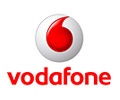 Vodafone Oman
Vodafone Oman Emirates Telecom
Emirates Telecom  Ooredoo Om
Ooredoo Om Ooredoo Qa
Ooredoo Qa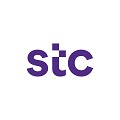 stc Bahrain
stc Bahrain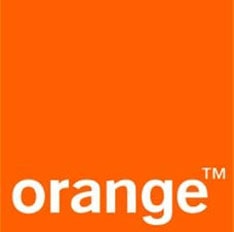 Orange Egypt
Orange Egypt Mobily
Mobily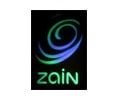 Zain Jo
Zain Jo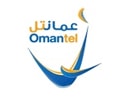 omantel
omantel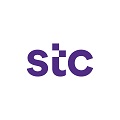 STC
STC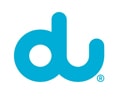 Emirates Du
Emirates Du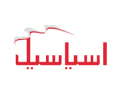 Asiacell
Asiacell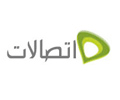 Etisalat Egypt
Etisalat Egypt 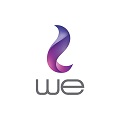 Telecom Egypt
Telecom Egypt jawwal
jawwal Orange Jo
Orange Jo Umniah
Umniah Zain Sa
Zain Sa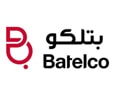 Bahrain Batelco
Bahrain Batelco Zain Bh
Zain Bh Wataniya palestine
Wataniya palestine Kuwait Viva
Kuwait Viva  Zain Kw
Zain Kw Vodafone Qa
Vodafone Qa MTN Syria
MTN Syria Syriatel
Syriatel Sabafon
Sabafon Zain Iq
Zain Iq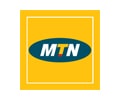 MTN Yemen
MTN Yemen Ooredoo Kw
Ooredoo Kw Vodafone Egypt
Vodafone Egypt 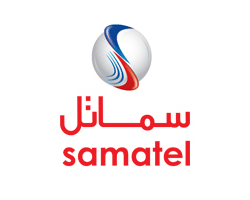 Samatel
Samatel Huawei
Huawei Samsung
Samsung MOTOROLA
MOTOROLA Lenovo
Lenovo Alcatel
Alcatel LG
LG Nokia
Nokia Sony Ericsson
Sony Ericsson HTC
HTC BlackBerry
BlackBerry Siemens
Siemens Acer
Acer Sony
Sony Asus
Asus VK
VK APPLE
APPLE BenQ-Siemens
BenQ-Siemens Sagem
Sagem Eten
Eten HP
HP Panasonic
Panasonic Amoi
Amoi Toshiba
Toshiba Sharp
Sharp Sonim
Sonim Bird
Bird Mitac
Mitac Philips
Philips Vertu
Vertu Pantech
Pantech Micromax
Micromax Maxon
Maxon Haier
Haier I-mate
I-mate Gigabyte
Gigabyte I-mobile
I-mobile Kyocera
Kyocera BenQ
BenQ Microsoft
Microsoft Telit
Telit Connect
Connect Sendo
Sendo Mitsubishi
Mitsubishi SEWON
SEWON NEC
NEC DELL
DELL Thuraya
Thuraya Neonode
Neonode Be
Be Qtek
Qtek Bosch
Bosch Palm
Palm MWG
MWG Fujitsu Siemens
Fujitsu Siemens XCute
XCute WND
WND INQ
INQ O2
O2 Innostream
Innostream Benefon
Benefon Google
Google



